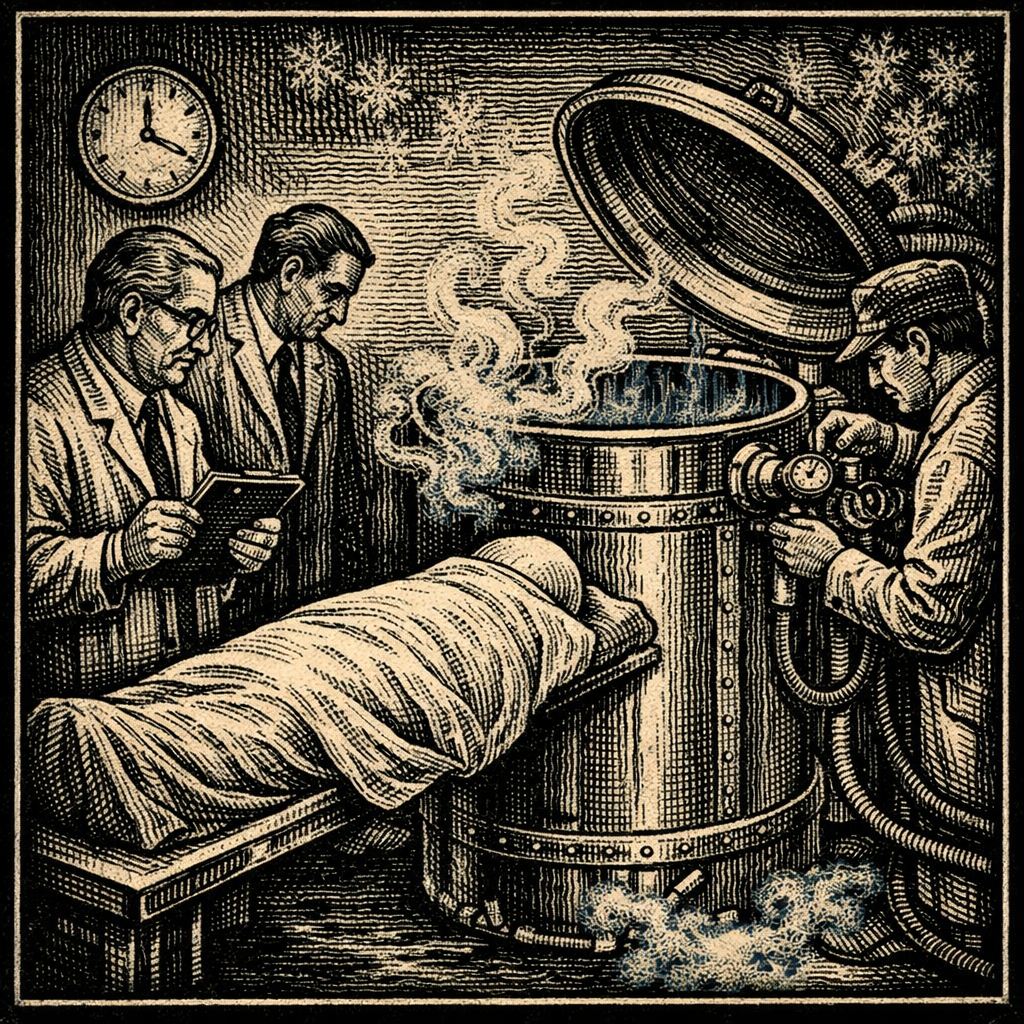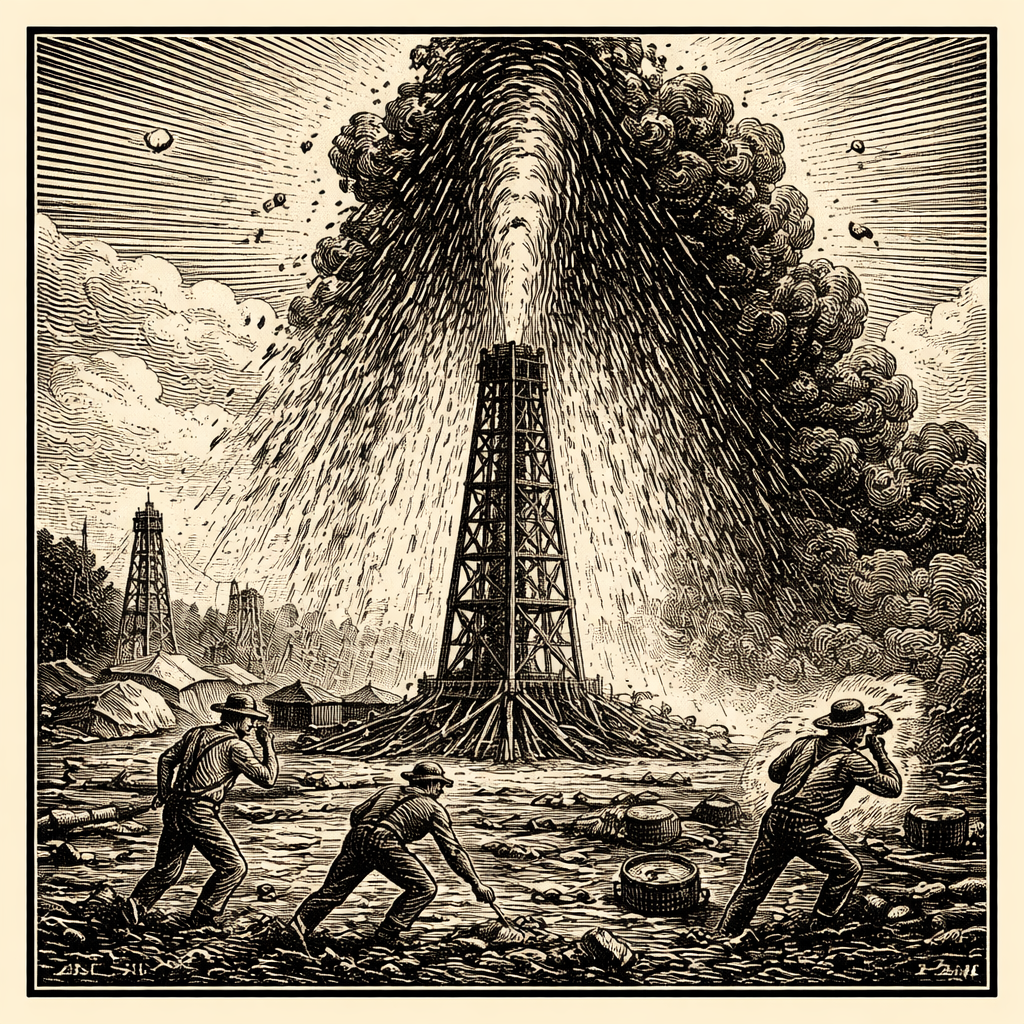Albert Hofmann: The Father of LSD
January 11, 1906 - Albert Hofmann was born on this day in Baden, Switzerland. He would grow up to be a chemist.
While researching respiratory stimulants, Hofmann synthesized lysergic acid (LSD) and inadvertently absorbed some of the chemical through his fingertips. He wrote about what happened next:
At home I lay down and sank into a not unpleasant intoxicated-like condition, characterized by an extremely stimulated imagination. In a dreamlike state, with eyes closed (I found the daylight to be unpleasantly glaring), I perceived an uninterrupted stream of fantastic pictures, extraordinary shapes with intense, kaleidoscopic play of colors.
A few days later (April 19, 1943), Hofmann intentionally ingested 250 micrograms in an experiment to learn more about the effects of the drug. This was a very high dose and his state of mind quickly deteriorated into paranoia and self doubt. After a terrifying ride home on his bicycle, Hofmann was examined by a doctor who couldn't find anything wrong with him, except for his wildly dilated pupils.
Hofmann's mood eventually improved and soon he was hallucinating and enjoying himself immensely.
Based on his own experience with LSD, Hofmann was convinced that this drug had powerful potential as a psychiatric tool. He spent many years studying a wide range of hallucinogenic compounds found in plants, and his research took him all over the world.
As he neared his 100th birthday, he remarked in a New York Times interview about his regret that LSD had been demonized by the powers that be because of its association with the counter culture and youth movement in the sixties.
It was used very successfully for 10 years in psychoanalysis...It should be a controlled substance with the same status as morphine.
Until his death at age 102, Hofmann continued to speak out in support of the therapeutic benefits of LSD, or as he called it, his "problem child."





